Category: Climate Change
-
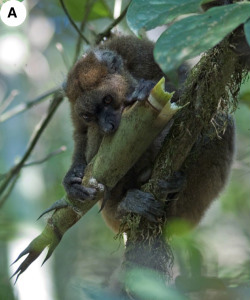
Lemurs Dependent On Bamboo Risk Climate Caused Extinction
Future projections show that many present-day greater bamboo lemur populations will experience prolonged dry seasons similar to those of the localities where only fossils of the greater bamboo lemur are found. Whereas abundant foods such as bamboo allow feeding specialists to thrive, even a moderate change in seasonality may outstrip the capacity of greater bamboo…
-
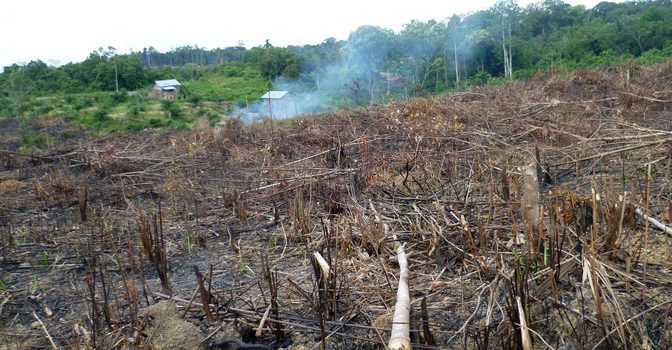
Deforestation For Palm Oil Is Changing Indonesia’s Climate
Land use change from forest to cash crops such as oil palm and rubber plantations does not only impact biodiversity and stored carbon, but also has a surface warming effect, adding to climate change (Click on title for full story.)
-
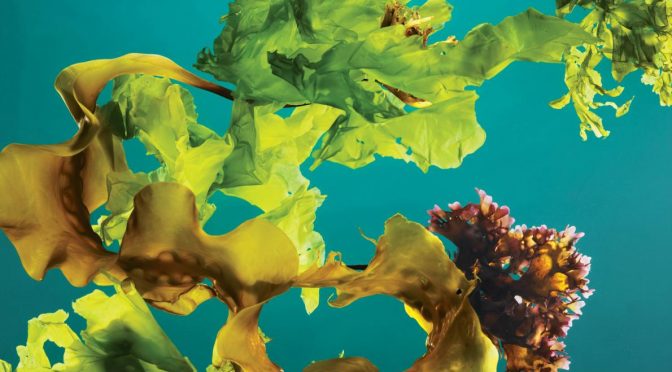
Will Kelp Farming Slow Climate Change?
These marine plants and algae are sometimes called “sea vegetables”—but there are reasons beyond gastronomy to appreciate them. Kelp, in particular, has the potential to greatly reduce ocean acidification. Naturally occurring in cold, coastal marine waters, kelp grows quickly without the need for fertilizer, and it takes up carbon dioxide—which can exacerbate climate change—as well…
-
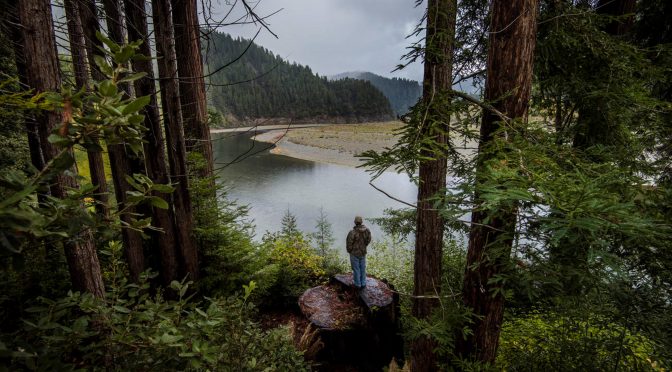
New Study Underscores Value Of Nature In Controlling Climate Change
There’s a growing recognition that to get to below 2°C, we need to actively drawdown carbon from the atmosphere,” Adams says. “And while there’s lots of interest and investment in new technology solutions to capture and store carbon, this is new, experimental technology. Trees and other plants, meanwhile have already perfected this process over hundreds…
-
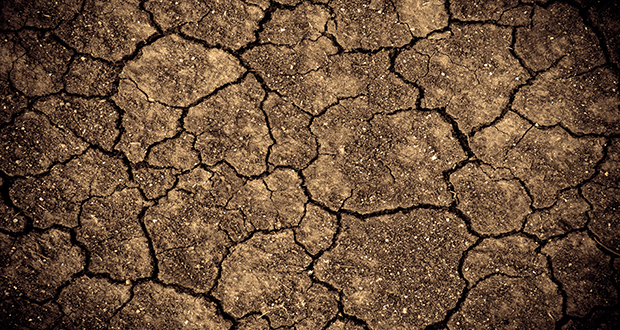
Brown Fields + Plants = Long Term Carbon Sequestration
Although photosynthesis removes a significant amount of CO2 from the atmosphere annually, plant and soil respiration return most of the photosynthesised CO2 into the atmosphere, marking organic CO2 removal as an unstable sink. In contrast, SUCCESS (Sustainable Urban Carbon Capture through Engineering the Soil System) has shown that photosynthesised carbon can be fixed in soils…
-
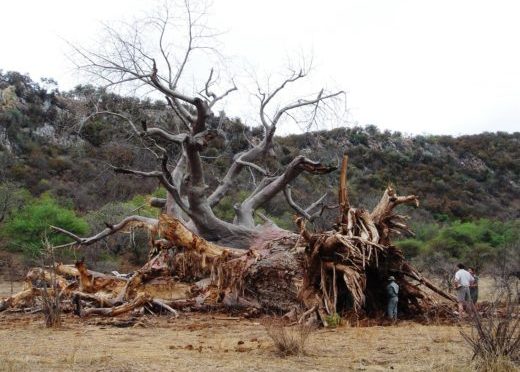
Toppled Baobabs Reveal History’s Secrets And Predict Climate Change Effects
Even before human activity started warming our world, climate variability in southern Africa included these mega-droughts. It is doubtful that that the economy would survive such an occurrence today. Droughts are a clear part of the record, and they are always transient. Through history, and through climate research conducted on these baobabs, it is evident…
-
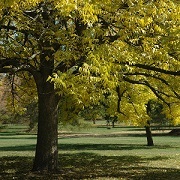
North America’s Ubiquitous Ash Trees Declared Endangered
Five of the six most prominent ash tree species in North America enter The IUCN Red List as Critically Endangered – only one step from going extinct – with the sixth species assessed as Endangered. These species are being decimated by the invasive Emerald Ash Borer beetle(Agrilus planipennis). Three of them – Green Ash (Fraxinus pennsylvanica), White Ash (Fraxinus americana) and Black Ash (Fraxinus nigra) –…
-
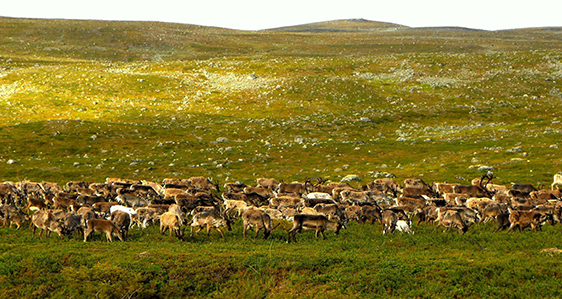
Tundra Animals Help Off -Set Climate Change Impact On Plant Species
“We found that the warming increased the number of species in plots that were grazed, because it enabled small tundra plants to appear and grow there. But when we fenced reindeer, voles and lemmings out, vegetation became denser and the light was limited. As a result, many small and slowly-growing plant species were lost,” (Click…
-
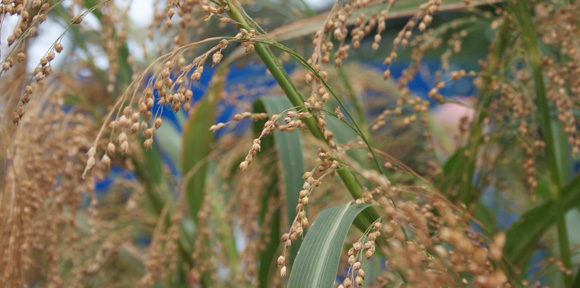
Learning About Food Security From Neolithic Farmers
Millets have an unparalleled genetic diversity both because of their long history of cultivation, and because they’ve been grown in so many regions of the world, including very harsh ones. This means they’ve retained the wild traits that give them resilience to changes in growing conditions. They don’t need much water, they grow quickly, and…
-
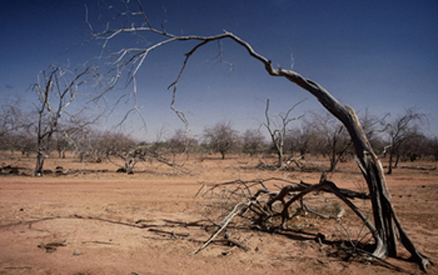
What, Exactly, Causes Trees To Die During Drought?
How trees respond to drought is important for models used to predict climate change. Plants take up a large portion of the carbon dioxide (CO2) in the atmosphere — fewer trees means more CO2. Sudden large-scale changes in plant populations, such as the tree die-offs observed worldwide in recent decades, could affect the rate at…
